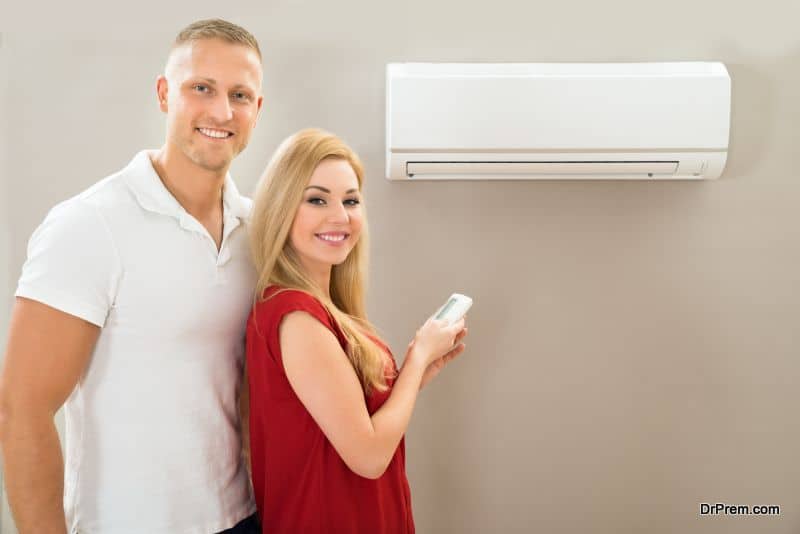As a property manager, you have to ensure that your business facilities adhere to the compliance rules and regulations including maintenance and approved practice codes. It is mandatory to have your facility which has 12kW or more output should be inspected once in five years. Air conditioners are known to use high amounts of energy, and they need to be inspected, to ascertain that your facility has systems which are energy efficient and safe. Energy efficient systems emit less CO2 in the atmosphere as well as reducing your running cost. Read on to find out the rules and regulations you must follow:
Who is responsible for compliance reports
According to government directives, all business situated in commercial premises having air conditioners are subject to Air con Assessments. Failing to comply will result in hefty fines for the defaulters. UK air con compliance information is thus, necessary for you to know to avoid fines and penalties. If you have two or more air conditioners in your commercial premises, you have to get an assessment report, which a compliance issue solving specialist can help you with. Not complying can land with you 300 pounds fine per system. And if you have a large chain of shops, the fines would be 300 pounds per shop, which is a great deal of money.
If you are a tenant, it does not mean that you are responsible for getting the assessment reports, as the rules state that the ‘operator’ is responsible to get reports, whether the operator (that is the one who controls the system), is the landlord or tenant. The exceptions are shopping malls, where the landlords are responsible for getting the assessment reports and ensuring that systems which are energy efficient and safe are in place. Though, if you, as the tenant have installed your own system, you would need a report too.
Obligations in the regulations you must fulfil
You must be careful that your energy efficient air conditioning system does not have any HCFC leakages and system must be repaired immediately if there is any leakage by certified personnel. Systems designed as per compliance policy usually fulfil these obligations.
Record maintenance
You must keep a log book of your facility, detailing refrigerant types and quantities. The log book must have disposal, service and reclaim records.
Replacing R22
R22 gas is considered illegal in air conditioners as it is very harmful to the environment. If you have a system which uses R22, it can be replaced to meet compliance standards.
Meeting TM44 directives
Operators are legally bound to get their systems inspected according to TM44 regulations. A compliance issue solving specialist can help you in keeping your systems up to date and help you in generating required reports, which might cost 200 pounds onwards.
Complying with the air conditioner laws will help the environment and you too, as you can reduce operational costs by having energy efficient systems in place.
Article Submitted By Community Writer



